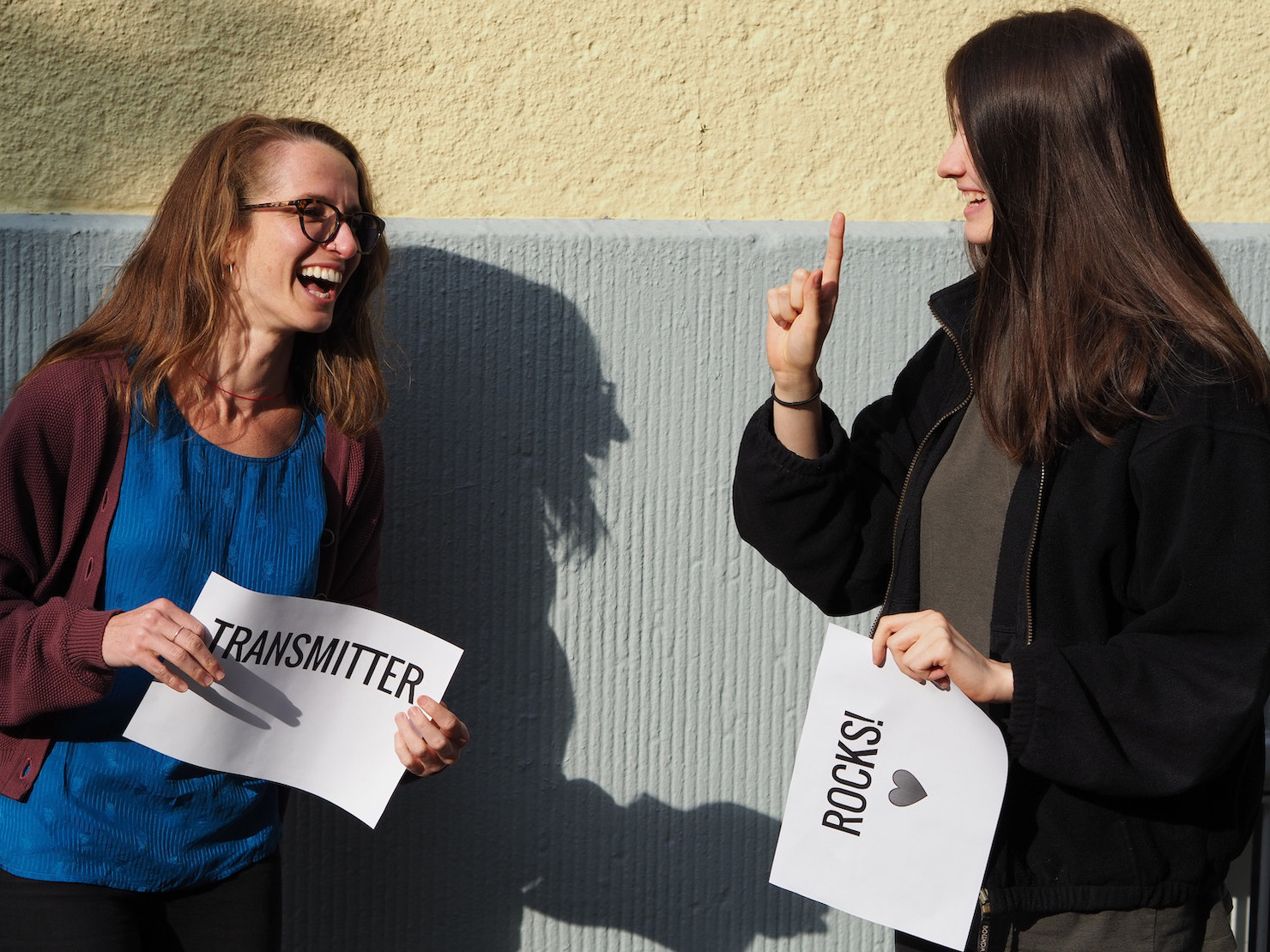What to read – „The World of Yesterday“

When a friend gave me Stefan Zweig’s „Joseph Fouché“ a few years ago – the life story of Napoleon’s police minister, based on the historical model – I was thrilled by Zweig’s ironic, light style and well-researched, dense narrative style.
I wanted to learn more about this author and downloaded the digital edition of his works onto my iPhone (thanks to expired copyrights for a nominal fee of only 2-3 euros). After reading his historical narratives of the „Sternstunden der Menschheit,“ short stories and novellas (including, of course, the „Schachnovelle“), his biographical pieces about such diverse personalities as Mary Stuart and Honoré Balzac, and historical-analytical works such as „Heilung durch den Geist“ about the development of modern psychology, I finally penetrated to the „Welt von gestern.“
Zweig wrote this last autobiographical work in Brazilian exile. The far-sighted Zweig had already left his native Austria for London in 1934, after Austrofascism had destroyed democracy, many years before Austria’s „Anschluss“ to Hitler’s Reich.
In „Die Welt von gestern“/“The World of Yesterday“ Zweig recounts his childhood and youth in late 19th-century Vienna. Coming from a secular Jewish family, he is confronted with prejudices at an early age. At the time, Vienna was one of the strongholds of anti-Semitism in Europe, but also one of its cultural centers. In his memoirs, Zweig brings to life Vienna on the threshold of the 20th century: the staid stuffiness of everyday school life and the administration of the Habsburg Empire, the coffeehouse culture, the city’s intellectual milieu, and the political climate. Zweig knew many great Viennese contemporaries personally – for example Sigmund Freud, the founder of psychoanalysis, and Theodor Herzl, the originator of the Zionist movement.
„Before 1914, the earth had belonged to all people. Everyone went where he wanted and stayed as long as he wanted. (…) I am always amused anew by the amazement of young people as soon as I tell them that before 1914 I traveled to India and America without possessing a passport or having even seen one. You got in and got out without asking or being asked, you didn’t have to fill out a single one of the hundred papers that are required today: There were no permits, no visas, no harassment.“
In literary terms, Zweig achieved his great breakthrough after the First World War. In the 1920s, he became one of the most widely read German-language authors of his time. Already during his lifetime Zweig was translated into all European languages and even into Chinese. The private happiness of his youth, however, remained out of reach for Zweig. The next European catastrophe of National Socialism and the Second World War sent Zweig on an odyssey of exile.
After England entered the war, Zweig no longer felt safe there as a supposed „foreign enemy“ despite his opposition to fascism. With his wife, he left Europe for good in 1940 and initially resettled in the United States before the couple settled in Brazil. Depressed by the war situation in Europe, which made Hitler’s victory seem conceivable, and the prospect of never being able to return there, they both took their own lives in Petrópolis in February 1942. The political tragedies of the first half of the 20th century became Zweig’s personal tragedy.
A worldly European, Zweig left an impressive legacy in his memoirs, „The World of Yesterday“. Zweig’s work is among the best of European literature. It is bitter that Zweig could not live to see the foundation of today’s European peace order laid in 1957 with the Treaties of Rome just 15 years after his death. The Europe of 2022, however, is again threatened by new and old dangers, by renationalization and isolationism, xenophobia, anti-Semitic agitation and the brutal reality of another European war. Learning from Zweig’s life and work today means not being discouraged by these sad developments.
Written by Robert Liniek
Our teacher Robert has gone to great lengths to write an informed and informative book review for our students. In this article, he introduces you to the book „Yesterday’s World,“ an autobiographical work by the well-known Austrian author Stefan Zweig (1881-1942).
If you want to learn more about German-language literature of the early 20th century, it is impossible to avoid this author and his work.










